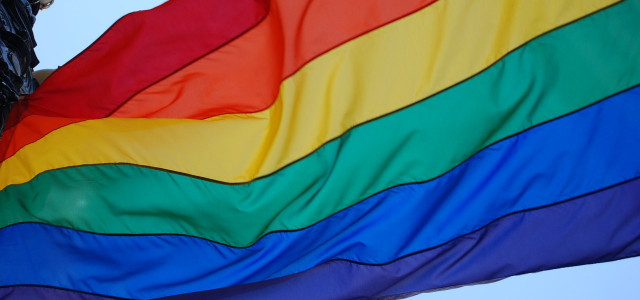Feminist literature empowers and educates, and should be a non-negotiable in everyone's bookshelf today! We'll show you the twenty must-reads, so you can learn everything you need to know, from intersectional feminism to ecofeminism and more.
Feminist literature ranges from the 1700s up until today. Whether you want to refresh your knowledge on the history of women’s rights, be inspired by modern feminism or check how far we’ve come and what is left to do, we’ll provide you with the most important feminist reads!
It doesn’t play a role if you consider yourself a feminist or not, these books are there to educate and empower everybody, no matter your gender, sexual orientation, origin or religion. We’ve made sure to include both fiction and non-fiction books, so you can pick your favorite genre.
1. Feminism Is For Everybody: Passionate Politics by Bell Hooks
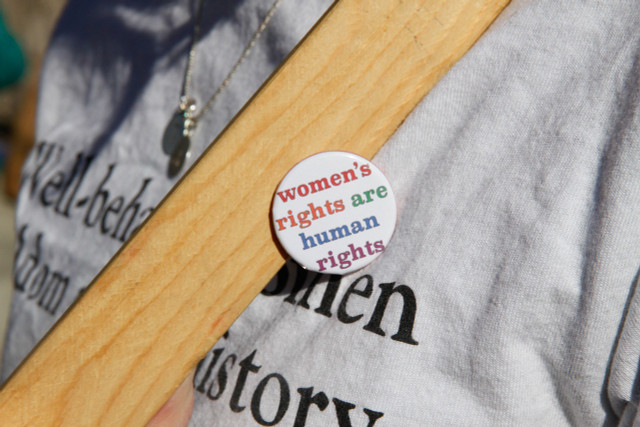
(Foto: CC0 / Pixabay / OpenRoadPR)
Feminism Is For Everybody, by Bell Hooks, invites readers to look at feminism in a new light. In this non-fiction book, she explores gender, sexuality and society in an engaging and provocative writing style.
Hooks analyzes issues in society critically and has an intersectional approach in her work, considering race, class, work, violence and reproductive rights. This is a great example of feminist literature suggesting alternatives to the patriarchal systems.
2. Bad Feminist by Roxane Gay
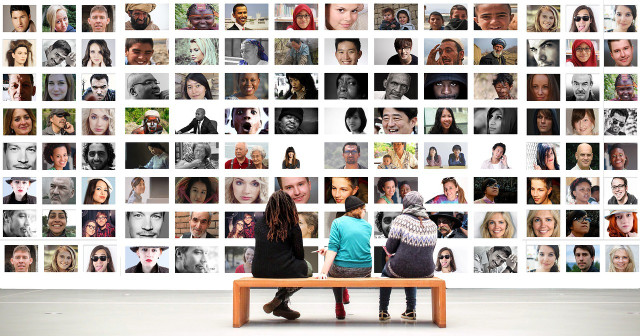


(Foto: CC0 / Pixabay / geralt)
Bad Feminist is a collection of humorous and insightful essays, in which Roxanne Gay shares her experiences of growing up as a woman of color whilst discussing feminism in modern society. Gay explores how culture influences who we are as human beings and points out what action needs to be taken in order to improve.
3. Men Explain Things To Me by Rebecca Solnit
Men Explain Things To Me is another great example of humorous feminist literature. Solnit talks about common issues in communication between men and women, shaping the gender debate and feeding into stereotypes. Solnit has written more than twenty pieces of feminist literature, western and indigenous history, social change and more, so have a look at her other books too!
4. Sister Outsider by Audre Lorde
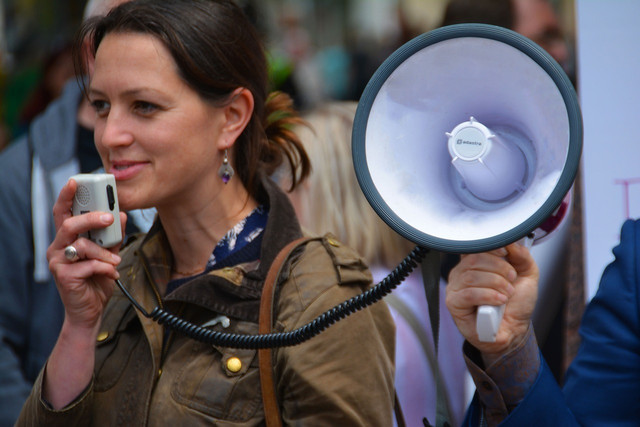


(Foto: CC0 / Pixabay / terimakasih0)
Lorde has a literary and philosophical approach to writing. In her novel Sister Outsider, you can find essays and speeches exploring the roots of Lorde’s intellectual development and her wish to empower fellow women and minority writers. Sister Outsider originates from Lorde’s poetry collection The Black Unicorn.
5. The Bell Jar by Sylvia Plath
Feminist literature doesn’t have to be non-fiction only. The Bell Jar by Sylvia Plath is a classic American novel about protagonist Esther Greenwood. Esther is a college student who dreams of becoming a poet. Set in New York City, Plath writes about Esther’s struggle on identity, mental illness and societal norms.
6. The Handmaid's Tale by Margaret Atwood
The Handmaid’s Tale, also known for its popular film version, is a feminist novel by Margaret Atwood. It’s a dystopian novel, set in a futuristic, imagined universe. Throughout the novel, women are controlled by the government, losing fundamental rights such as economic and reproductive freedom. Atwood finds a way of criticizing oppressive systems whilst building up a suspenseful story.
7. Hood Feminism by Mikki Kendall
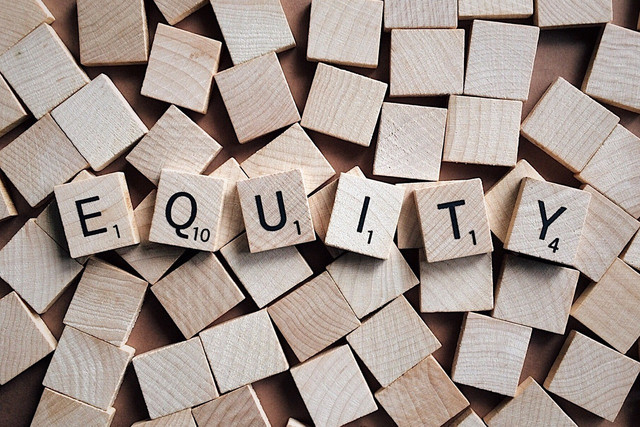


(Foto: CC0 / Pixabay / Wokandapix)
Hood Feminism criticizes traditional feminist literature, which often only addresses white women instead of including all women. Kendall speaks about the meaning of equality, equity and inclusion of women of color. Over the course of eighteen chapters, Kendall explores issues of reproductive justice, social justice, poverty and the patriarchy.
8. This Bridge Called My Back by Cherríe Moraga and Gloria E. Anzaldúa
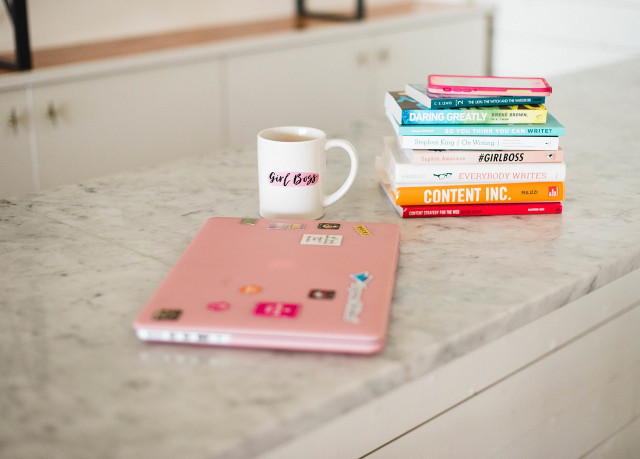


(Foto: CC0 / Pixabay / expresswriters)
This Bridge Called My Back is a collection edited by Moraga and Anzaldúa, centering on experiences of women of color. The book challenges the terms solidarity and sisterhood in the context of white feminism. This book is known as a foundation for third wave feminism and one of the most cited works in feminist literature
9. The Bluest Eye by Toni Morrison
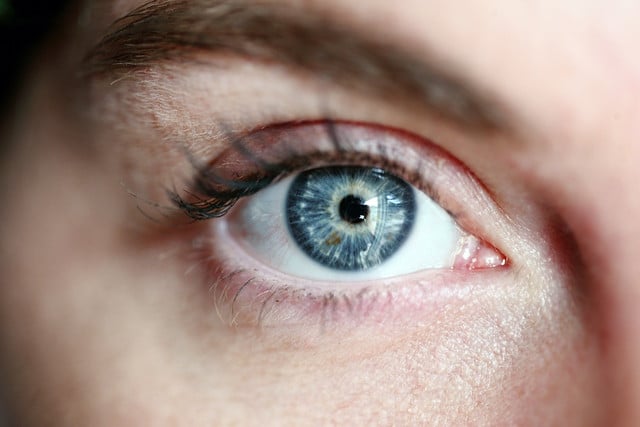


(Foto: CC0 / Pixabay / AlexanderGrey)
The Bluest Eye is a novel taking place in Ohio and tells the story of a young girl of color growing up following the Great Depression. Overall, the novel deals with the rising awareness on representation and identity formation.
10. Whipping Girl by Julia Serano
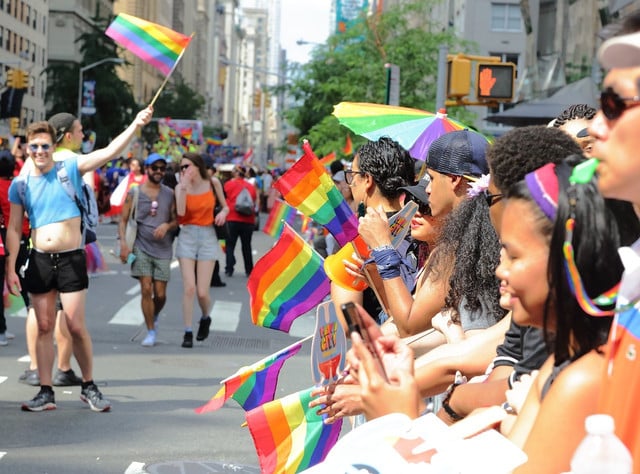


(Foto: CC0 / Pixabay / rudyjeansPHOTOGRAPHY)
In Whipping Girl, Julia Serano shares her perspective on gender, describing her journey to becoming a transgender woman. Serano discusses gender roles, stereotypes on trans people and the role of trans people in the feminist movement.
11. The Will To Change: Men, Masculinity, And Love by Bell Hooks
The Will To Change is another important piece of feminist literature by Bell Hooks. This book is a great example of undermining the role men play in feminism and how they are impacted by the patriarchy.
In particular, Hooks discusses the issues of men being disconnected from their emotions and feelings and takes a closer look at phenomena such as toxic masculinity. Besides pointing out these societal matters, Hooks delivers suggestions to improve these states.
For a humorous take on toxic masculinity, check out: Why Eating Meat is Considered Masculine & Being Vegan Isn’t.
12. Staying Alive: Women, Ecology and Development by Vandana Shiva
Staying Alive is written by Vandana Shiva, an award-winning environmentalist. Shiva explores the relationships between ecological destruction and the marginalization of women. Moreover, Shiva explains how rural Indian women experience ecological destruction and shares their approach of regeneration. Instead of depicting women as survivors, Shiva manages to shed light on powerful women with insightful ideas.
13. Waste: One Woman's Fight Against America's Dirty Secret by Catherine Coleman Flowers
Waste is a powerful example of ecofeminist literature. Coleman Flowers points out how people in poverty often lack affordable means of disposing waste — Flowers calls this ‘America’s dirty secret’. Moreover, she explores systemic class, racial and geographic prejudice across America.
14. All We Can Save: Truth, Courage, And Solutions For The Climate Crisis by Ayana Johnson and Katharine K. Wilkinson
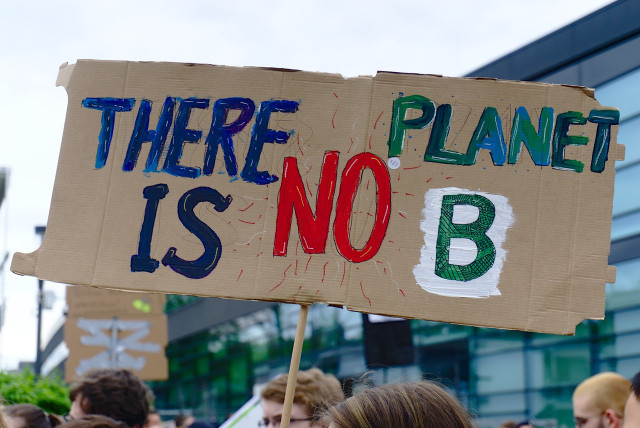


(Foto: CC0 / Pixabay / NiklasPntk)
This national bestseller edited by Ayana Johnson and Katharine K. Wilkinson combines provocative and illuminating essays from women in the climate movement. It combines the expertise and insights of diverse women, including scientists, journalists, farmers, lawyers, activists and more, and aims to bring more representation to climate discussions.
15. The Death of Nature: Women, Ecology and the Scientific Revolution by Carolyn Merchant
Written in 1980, this complex book by Carolyn Merchant is still relevant today. Merchant studies how the scientific revolution impacted women’s rights and the environment. That is done by analyzing European history through decades. Merchant demands more attention to sustainable developments in contemporary society. If you’re particularly interested in the history of environmentalism, this one is for you!
Tip: Check out Garden City Movement: History, Examples and Criticism to learn about this fascinating part of environmentalist history.
16. The Intersectional Environmentalist: How to Dismantle Systems of Oppression to Protect People + Planet by Leah Thomas
The Intersectional Environmentalist explores the link between environmentalism, racism and privilege. Thomas stresses on the fact, that in order to save the planet, unheard voices of people must be given space to be heard. Thomas points out inequalities in climate decisions and explains the interconnectedness of civil rights and environmentalism — an excellent example for intersectional feminist literature.
For more environmentalist books, check out: The 8 Best Books About Climate Change.
17. Fresh Banana Leaves: Healing Indigenous Landscapes through Indigenous Science by Jessica Hernandez
Fresh Banana Leaves is written by Jessica Hernandez, an indigenous environmental scientist. Hernandez critically reviews western approaches and explains indigenous models based on case studies, personal stories and family histories. Hernandez makes voices of Latin American women and land protectors heard and demands readers to rethink eco-colonialism and restore a respectful relationship with earth.
18. Fat Girls Hiking: An Inclusive Guide to Getting Outdoors at Any Size or Ability by Summer Michaud-Skog
In this guide, Summer Michaud-Skog breaks down stereotypes and talks about body positivity. This is a great example of tangible, easy-to-digest feminist literature. It’s also an encouragement to people of all size to connect with the outdoors and get active. If you have an interest in hiking, but are fed up with traditional guides that are not inclusive, this one is for you!
19. The Golden Notebook by Doris Lessing
The Golden Notebook is Lessing’s best-known and most influential novel. Lessing has a unique way of writing on mental and societal breakdown. It tells the story of Anna, a writer keeping separate notebooks for different topics of her life, including political experiences, drugs and other personal matters.
Her novel also picks up themes of the sexual revolution and women’s liberation movement, making it a classic feminist work of literature.
20. What We're Told Not To Talk About by Nimko Ali
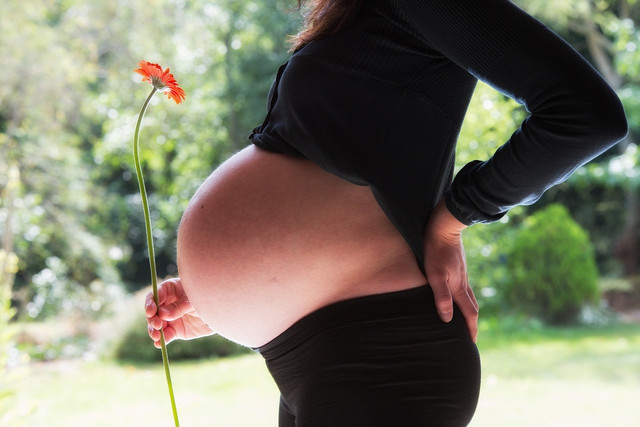


(Foto: CC0 / Pixabay / WenPhotos)
In What We’re Told Not To Talk About, Nimko Ali breaks the taboo, by shifting the conversation around women’s bodies. She puts together a composition of stories covering sex, pregnancy, periods and anything else that is often a taboo in society. The book includes women’s stories “from east London to Ethiopia” making it an inclusive and diversified feminist book.
Check out our other best of lists for more books on everything nature, climate, and society:
- 12 Best Picture Books About the Environment
- 10 Cli-Fi Books You Should Read ASAP
- Top 10 Books About Trees You Must Have Read in 2022
- The 8 Best Books About Climate Change
- 21 Books About Nature by BIPOC Authors
Read more:
- What to Do With Old Books: 10 Idea
- The Mental Load of Motherhood & 5 Ways Partners Can Help
- Whataboutism: What It is and How to Counteract It
Do you like this post?







